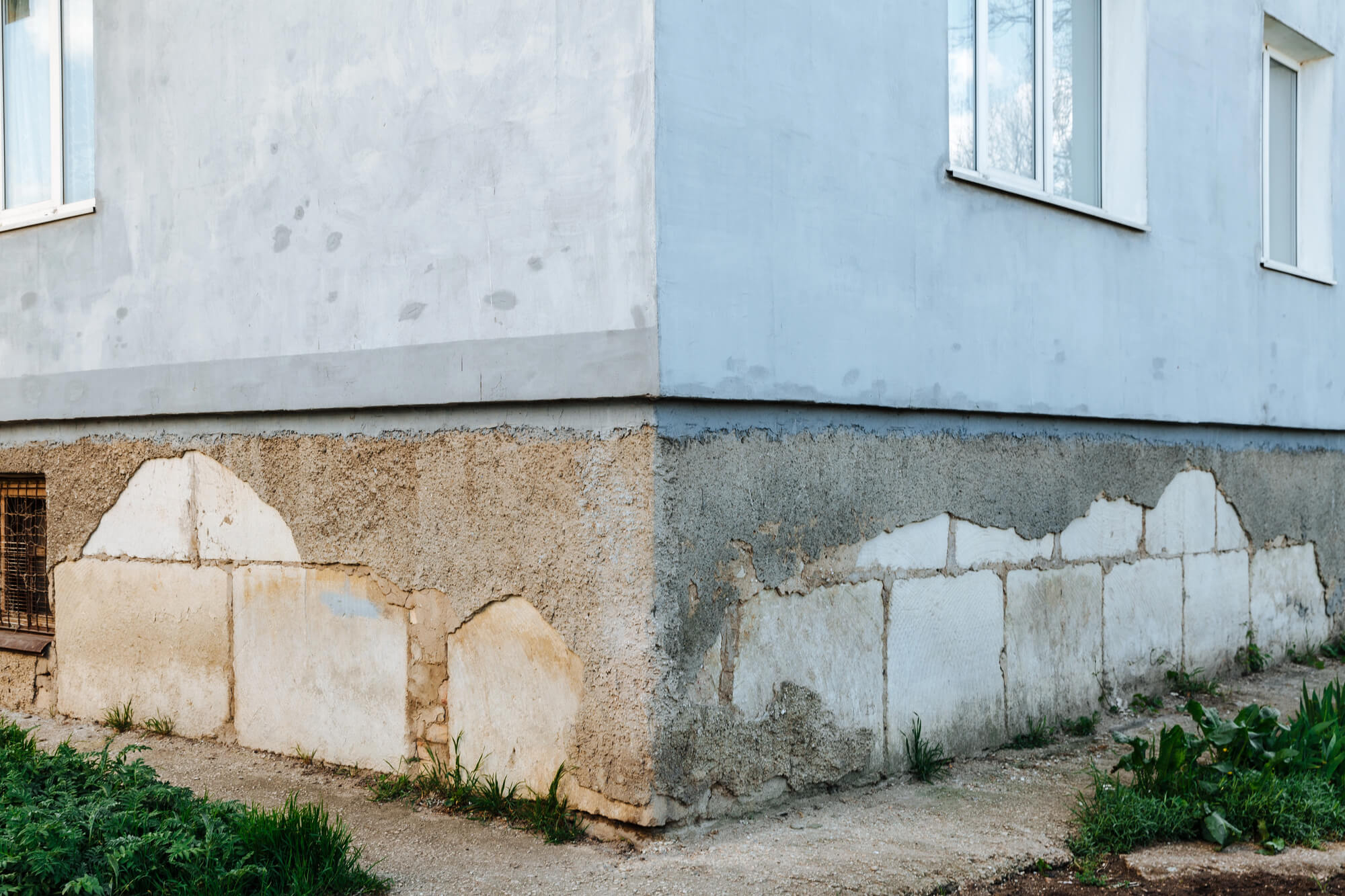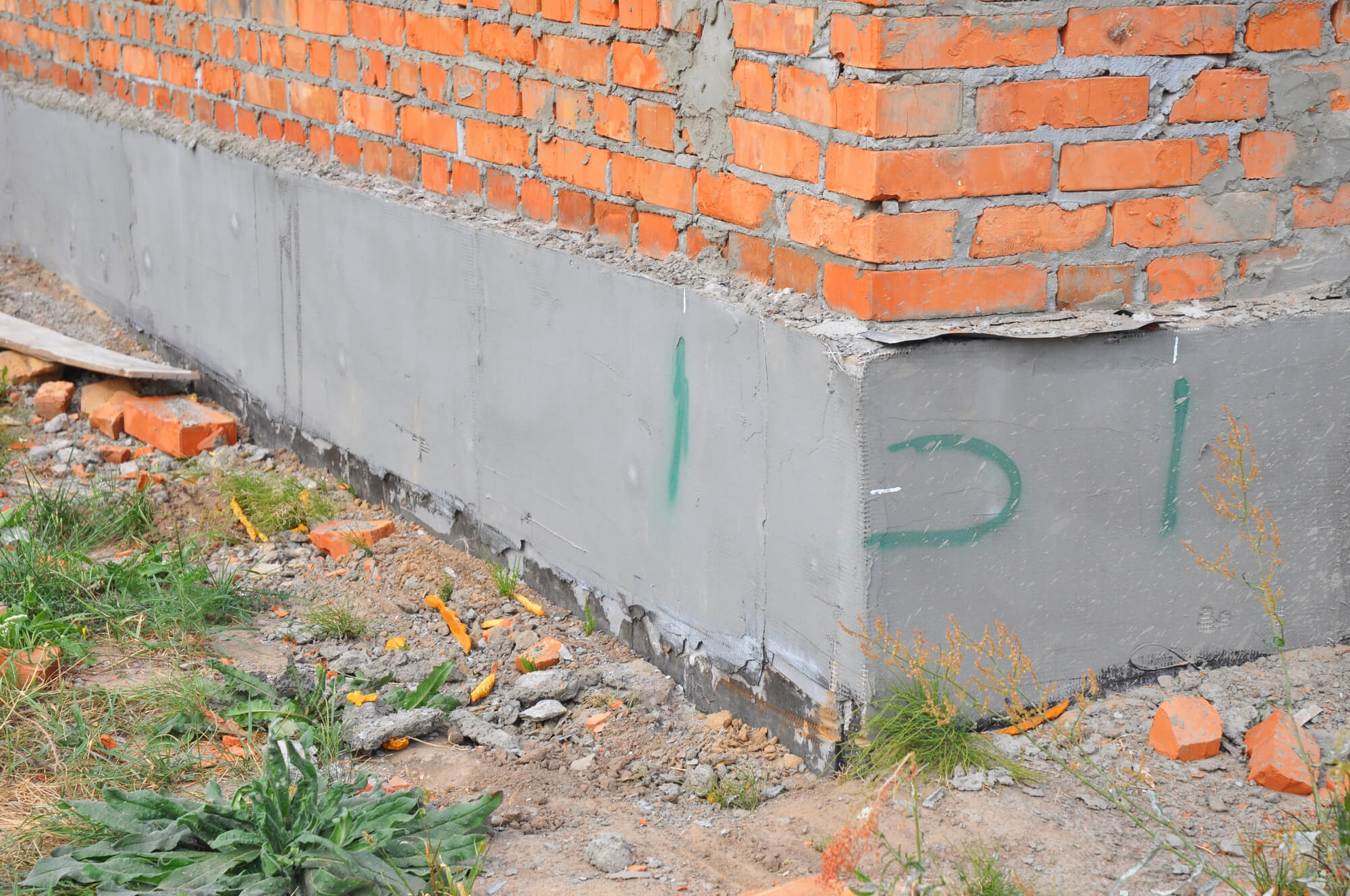In Texas, the beauty of wide-open spaces and rich soil comes with a structural challenge hidden beneath the surface: expansive clay soils. Whether you live in the Dallas / Fort Worth Metroplex, San Antonio, or across the Texas Blackland Prairie, chances are your home or commercial building rests atop Texas soil rich in clay particles like montmorillonite or bentonite. These soil types are infamous for wreaking havoc on foundations, leading to costly foundation repair needs for homeowners, builders, and property managers alike.
This blog will explore how Texas clay soil impacts foundation stability, what signs indicate trouble, how to prevent or address foundation damage, and what you can do to protect your investment.
What Makes Texas Soil So Problematic for Foundations?
Texas is home to a unique blend of clay-rich soils that expand and contract with moisture, posing significant threats to your home’s foundation. Getting a handle on why this occurs is the first step in keeping your property safe and sound.
The High Clay Content in Texas Soil
Much of Central and North Texas soil, including the San Antonio to Dallas area corridors, contains high clay content, particularly in regions like the Texas Blackland Prairie. These clay soils, rich in montmorillonite and bentonite, expand significantly when wet and contract dramatically during dry spells. This expansion and contraction cycle causes what experts call differential settlement, which leads to foundation movement, cracks, and eventual foundation problems.
Moisture Levels and Soil Movement
Water plays a pivotal role in clay soil behavior. During the rainy season, clay particles absorb moisture, swell, and increase pressure against concrete slabs and pier and beam foundations. When Texas heat sets in, the soil dries out, shrinks, and leaves voids beneath structures. This constant change in moisture levels creates instability beneath your home or building, damaging the structural integrity over time.
Texas Climate’s Impact on Soil and Foundations
From prolonged droughts to sudden thunderstorms, Texas temperature patterns vary greatly and intensify soil shifts. These rapid moisture changes significantly affect the soil composition, accelerating foundation settlement, tilting of concrete slabs, and separation in pier and beam systems. Over time, without intervention, this leads to the need for professional foundation repair services.
Common Foundation Types in Texas and How Expansive Clay Soils Affect Them
Not all foundations are created equal, and in Texas, the type of foundation your home or building has can significantly influence how it responds to expansive clay soils.
Concrete Slab Foundations
Widely used in single-family homes and apartment complexes, concrete slabs are especially vulnerable to expansive soil conditions. They can crack, tilt, or break apart due to poor soil stability. Slabs lacking proper drainage, constant plumbing leaks, or moisture regulation suffer most from foundation movement and differential settlement.
Pier and Beam Foundations
Though more adaptable than slab foundations, pier and beam foundations are not immune to shifting soil particles. Piers can become misaligned, and beams may sag when the surrounding clay shrinks or swells. Moisture problems in crawl spaces can also lead to wood rot and long-term foundation issues.
Post-Tension Cable Concrete Slabs and Other Variants
In newer constructions, post-tension slabs offer more resistance to soil movement, but still depend on consistent moisture control and well-designed drainage systems. Without those, even the strongest foundation can succumb to the forces of expansive clay soils.
Signs Your Foundation May Be Affected by Texas Clay Soil
Foundation damage caused by expansive soils often starts small but worsens quickly. Here are key indicators:
- Foundation cracks in walls, floors, or ceilings
- Uneven or sloping floors
- Sticking doors and windows
- Gaps between walls and ceilings, or floors
- Cracks in exterior brick or masonry
- Plumbing issues like leakage from beneath concrete slabs after slab begins to settle or crack
Each of these signs can be attributed to changes in soil moisture, especially in homes built on Texas clay soil or near chalk bedrock common in the San Antonio and Dallas Metroplex.
Long-Term Damage Soil Expansion Can Cause Without Intervention
Ignoring the effects of expansive clay soils can lead to severe and costly consequences:
- Progressive foundation settlement
- Bowing or leaning walls
- Misaligned or buckling flooring
- Compromised structural integrity
- Reduced property resale value
- Expensive structural retrofitting or reconstruction
Acting early helps you avoid extensive damage and makes professional repair more manageable and affordable.
Foundation Repair Solutions for Texas Clay Soil Problems
There are a variety of proven techniques to address foundation issues caused by expansive clay soils. Choosing the right method depends on your foundation type, soil conditions, and the extent of the damage.
Underpinning with Steel or Helical Piers
Often used in granite foundation repair, piering involves driving steel piers deep into stable layers, bypassing active expansive soils. This method stabilizes structures by anchoring them to more consistent bedrock.
Slab Jacking (Mudjacking or Polyjacking)
A minimally invasive solution, slab jacking lifts sunken slabs back into position by pumping in grout or foam beneath the concrete. This is ideal for correcting minor settlement and restoring even surfaces.
Beam and Crawl Space Stabilization
Adding extra supports or wall anchors under pier and beam foundations prevents further movement. When paired with adequate drainage channels and barriers against moisture content, this method ensures long-term stability.
Epoxy Injection for Foundation Cracks
Epoxy injection is used to seal hairline foundation cracks, restoring both strength and waterproofing to damaged areas. It’s most effective when combined with deeper structural reinforcement like underpinning.
Preventive Measures and Foundation Maintenance Tips
Proactive steps can minimize the impact of Texas clay soils on your foundation. Here are the most effective ways to keep your structure safe and stable.v
Install and Maintain Proper Drainage Systems
- Use French drains, gutters, and extended downspouts
- Grade the soil to slope away from the house
- Clean gutters to avoid overflow near the foundation
Moisture Control Around the Perimeter
- Install foundation watering systems during dry months
- Avoid overwatering near soil-rich beds
- Add moisture and root barriers near trees to prevent dehydration of nearby clay soils
Regular Foundation Inspections and Monitoring
- Schedule annual inspections with a foundation specialist
- Check for early signs of movement or cracking
- Use moisture sensors or smart landscaping to detect dry spots early
Cost Factors for Foundation Repairs in Texas Clay Soil Areas
The cost of foundation repairs in areas with expansive Texas clay soil can fluctuate significantly based on several critical factors. Understanding these can help homeowners budget effectively and consider proactive solutions.
Type of Foundation (Slab vs. Pier and Beam)
The type of foundation your home is built on can greatly influence repair costs.
- Slab foundations typically entail different repair methods and costs compared to pier and beam structures. Slab foundations might require solutions like slab jacking, underpinning, or even underground tunneling, which can be more invasive.
- Pier and beam foundations might need additional support beams or adjustments to existing crawl space structures, potentially leading to different pricing structures.
Severity and Location of Foundation Movement
The degree of foundation damage plays a crucial role in determining repair costs.
- Minor issues, such as small cracks localized to a specific area, can sometimes be addressed with less expensive methods like epoxy injections.
- However, extensive movement affecting multiple areas of the foundation might necessitate comprehensive strategies, such as underpinning with piers.
- Additionally, repairs in difficult-to-reach areas, such as beneath a finished basement, can increase the overall expense.
Chosen Repair Method: Piering, Slab Jacking, Epoxy Injection, etc.
The specific repair technique selected to stabilize the foundation will influence the total cost.
- Piering, involving the installation of steel or helical piers, is often more expensive due to the materials and labor involved, but it offers long-term stability.
- Slab jacking and its variants, such as mudjacking or polyjacking, offer a quicker and often cheaper fix for settling slabs but might not be suitable for all situations.
- Epoxy injections can be cost-effective for addressing cracks but may need to be paired with additional repairs for substantial movement.
Property Access and Landscape Disruption
The accessibility of the property can also impact repair costs. Homes with minimal access due to landscaping features, fences, or tight spacing from neighboring properties might see increased costs due to the complexity of reaching and repairing the foundation.
Additionally, the extent to which landscaping will be disrupted during the repair process can add to overall expenses, especially if substantial restoration is necessary afterward.
General Cost Estimates and Importance of Early Detection
Typically, foundation repair costs in Texas clay soil areas range from a few thousand dollars for minor crack repairs to tens of thousands for complete foundation leveling and stabilization. Given these potential expenses, early detection of foundation issues and timely maintenance can significantly mitigate costs.
Regular inspections and implementing preventive measures are critical strategies to avoid extensive damage and preserve property value.
When to Call a Foundation Expert
You should contact a foundation specialist when:
- You notice any signs of movement or cracking
- After periods of drought or intense rainfall
- Planning renovations or buying/selling a home
- Living in areas with high clay content, like the Dallas metroplex or San Antonio
Above All Foundation Repair brings decades of experience and deep understanding of Texas soil behavior, soil composition, and geotechnical engineering.
Contact Above All Foundation Repair Today
Don’t let foundation issues worsen over time. Whether you need foundation leveling, drainage installation, or a full foundation repair plan, we’re here to help.
Schedule your free estimate today with Above All Foundation Repair, your local experts in handling expansive clay soils in Texas.



